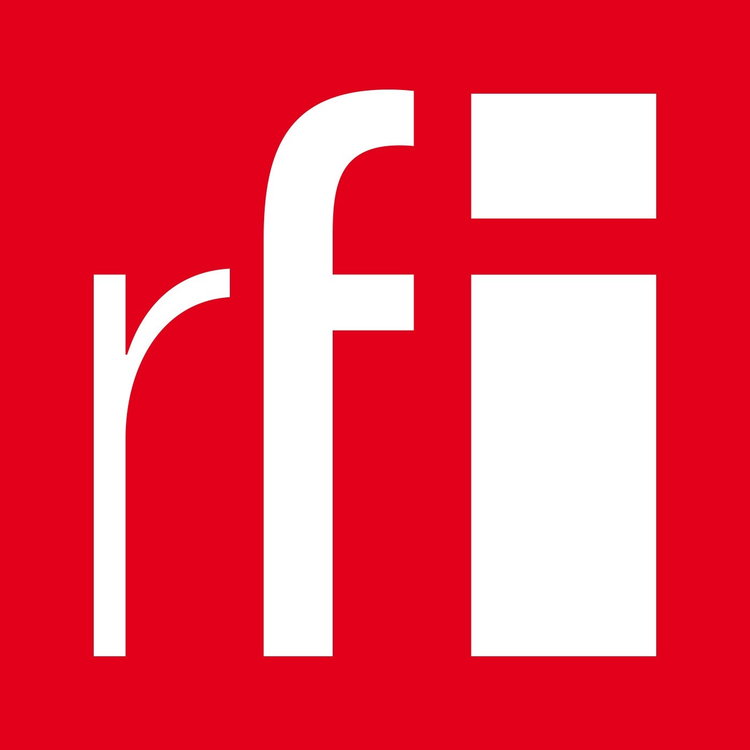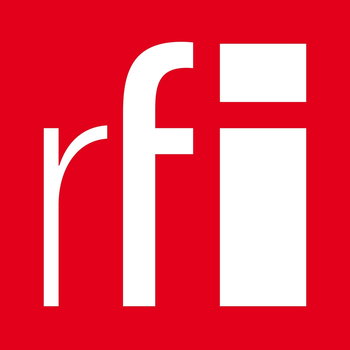
DRC takes on Apple: can conflict mineral mining be stopped?
Loading player...
The Democratic Republic of Congo is launching an unprecedented case against the American tech giant Apple over conflict minerals. To explore the issues at hand, RFI talked to a former UN expert to discuss whether any progress has been made in curbing illegal mining. This week, we focus on the fight against the exploitation of 'blood minerals' or 'conflict minerals' in Central Africa, particularly in the Democratic Republic of Congo (DRC).Conflic minerals is the term used by the Organisation for Economic Co-operation and Development (OECD) to describe minerals sourced from conflict-affected and high-risk areas, such as tantalum, tin, tungsten (referred to as the '3Ts'), gold, cobalt, coltan, and lithium.These minerals are essential for high-tech applications, including smartphones, electric batteries, and other advanced technology such as appliances, cars, and even wind turbines. They are predominantly found in the African Great Lakes region, especially in eastern DRC.In an effort to combat the illegal and exploitative trade of these minerals, the NGO Global Witness established a transition team several years ago.The May 2022 a report from Global Witness revealed that these minerals are used in products by international brands such as Apple, Intel, Samsung, Nokia, Motorola, and Tesla.Now, with a trial underway in France and Belgium accusing Apple, many observers are hopeful that it could bring about meaningful change.The Democratic Republic of Congo has filed a criminal case against European subsidiaries of the tech giant Apple, alleging the company has illicitly used conflict minerals in its supply chain.The American company claims it no longer sources conflict minerals from Central Africa, but is it doing enough?DRC case against Apple brings new hope in conflict minerals crisisThe complaints filed against Apple have been described by lawyers involved as a matter of significant public interest.European countries, consumers, and non-governmental organisations are increasingly scrutinising the international supply chains of minerals, with calls for highly profitable companies to be held accountable.This complaint could mark the beginning of a broader wave of legal actions targeting technology companies linked to the sourcing of conflict minerals.To examine the implications of this trial, this week's guest is Gregory Mthembu-Salter, a researcher specialising in Africa's political economy and a former consultant to the UN Group of Experts on the DRC on due diligence regarding conflict minerals. He is based in South Africa.Episode mixed by Erwan Rome.Spotlight on Africa is a podcast from Radio France Internationale.

